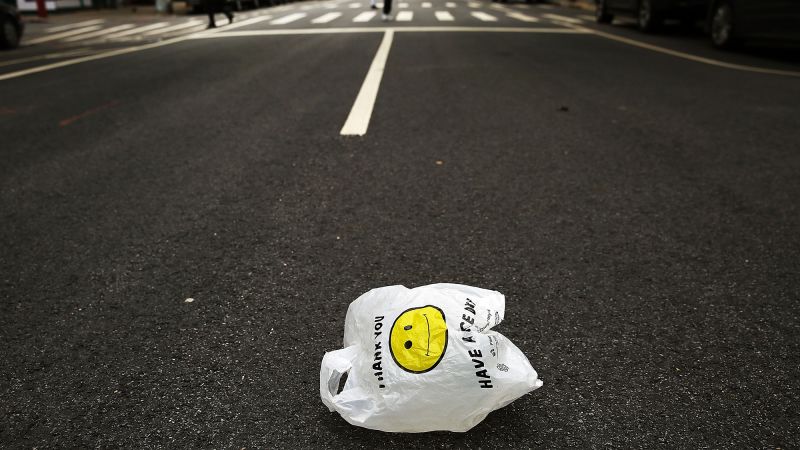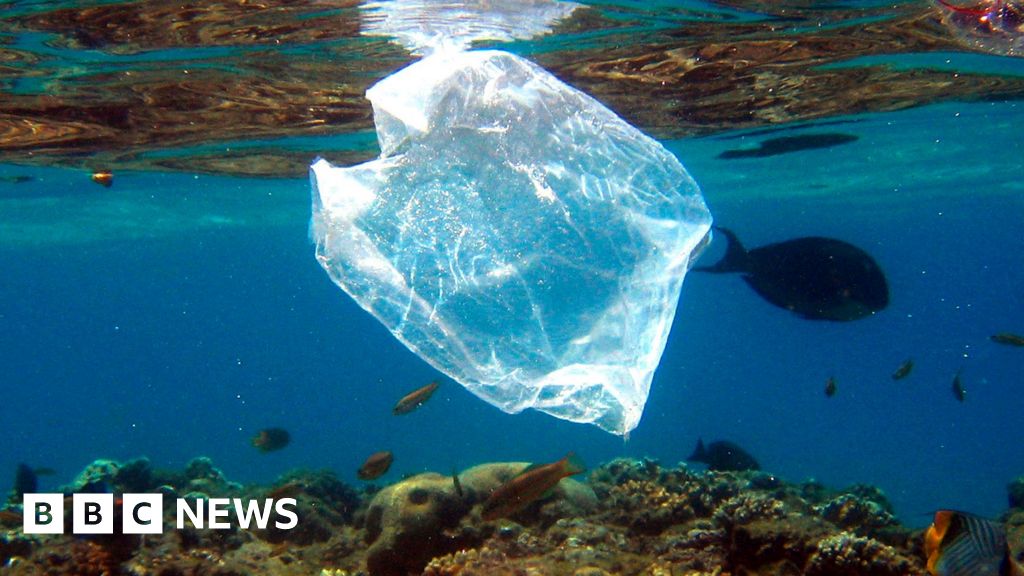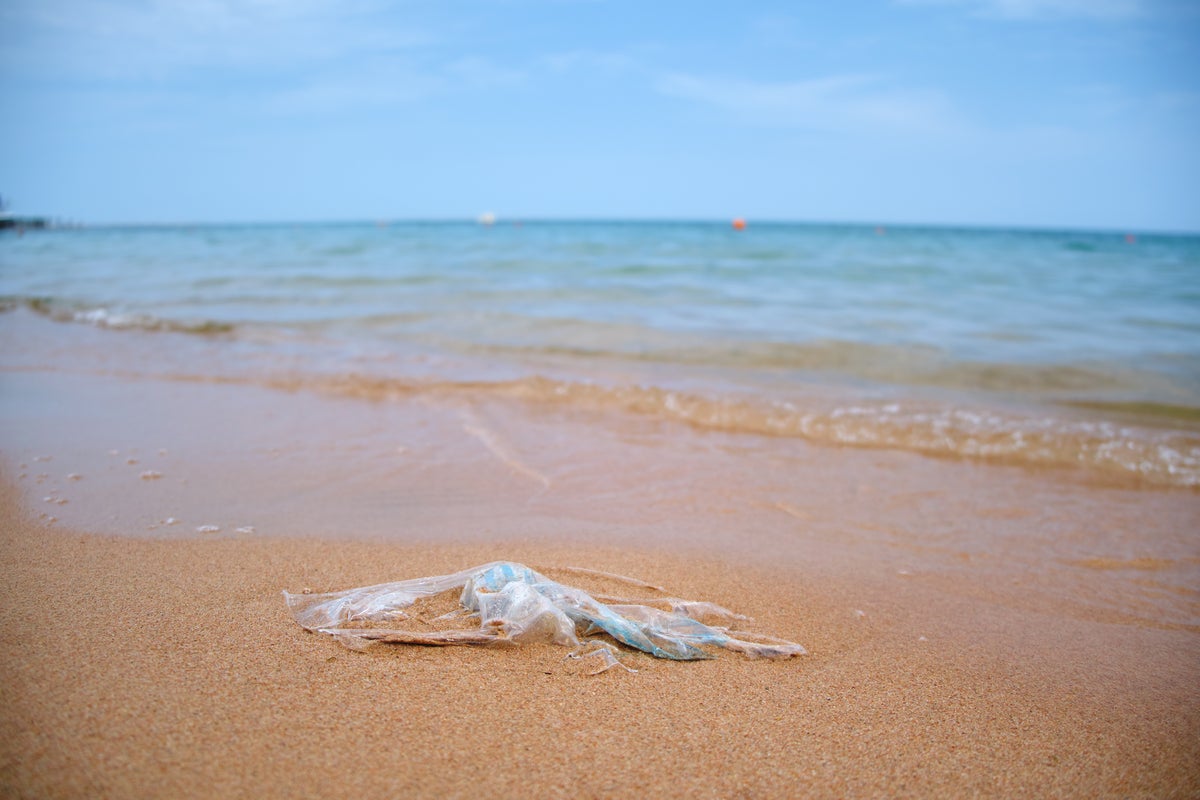Impact of Plastic Bag Bans on Environmental Cleanliness
Recent data shows that bans on single-use plastic bags have effectively reduced pollution, yet plastic waste remains a significant global concern.
Overview
- Plastic bags are frequently collected during environmental cleanups, highlighting their prevalence in pollution.
- In the UK, charges and bans on single-use bags have led to a notable decrease in beach litter.
- One in three residents in the U.S. have stopped using single-use plastic bags due to these initiatives.
- Despite the success of bans, plastic pollution continues to be a pressing global issue.
- Ongoing restrictions and efforts are necessary to combat plastic waste effectively worldwide.
Report issue

Read both sides in 5 minutes each day
Analysis
Center-leaning sources present a data-driven perspective on plastic bag usage and its environmental impact, emphasizing significant reductions in litter due to regulatory measures. The framing suggests a positive correlation between policy interventions and environmental outcomes, reflecting a cautious optimism about the effectiveness of bans and fees in reducing shoreline pollution.
Articles (4)
Center (1)
FAQ
Studies show plastic bag bans or taxes lead to a 25–50% reduction in plastic bags collected during shore cleanups, and up to a 37% decrease in plastic bags littering certain coastal areas[1].
Not all bans are equally effective. Loopholes, such as allowing thicker plastic bags labeled as 'reusable,' can undermine effectiveness and sometimes increase overall plastic waste. In some cases, the use of alternative materials has led to higher greenhouse gas emissions[4].
While bans reduce the presence of plastic bags in the environment, plastic pollution remains a major challenge globally. Ongoing restrictions and additional measures are needed to address the broader issue of plastic waste, as bans alone cannot solve the problem.
Up to 22% of all plastic waste ends up in the environment, with some estimates showing that more than 87% of plastic bags historically ended up in the ocean before bans became widespread[3].
Continued enforcement and expansion of bans, public education, development of sustainable alternatives, and global cooperation are needed to effectively reduce plastic pollution and its environmental impacts.
History
- This story does not have any previous versions.



